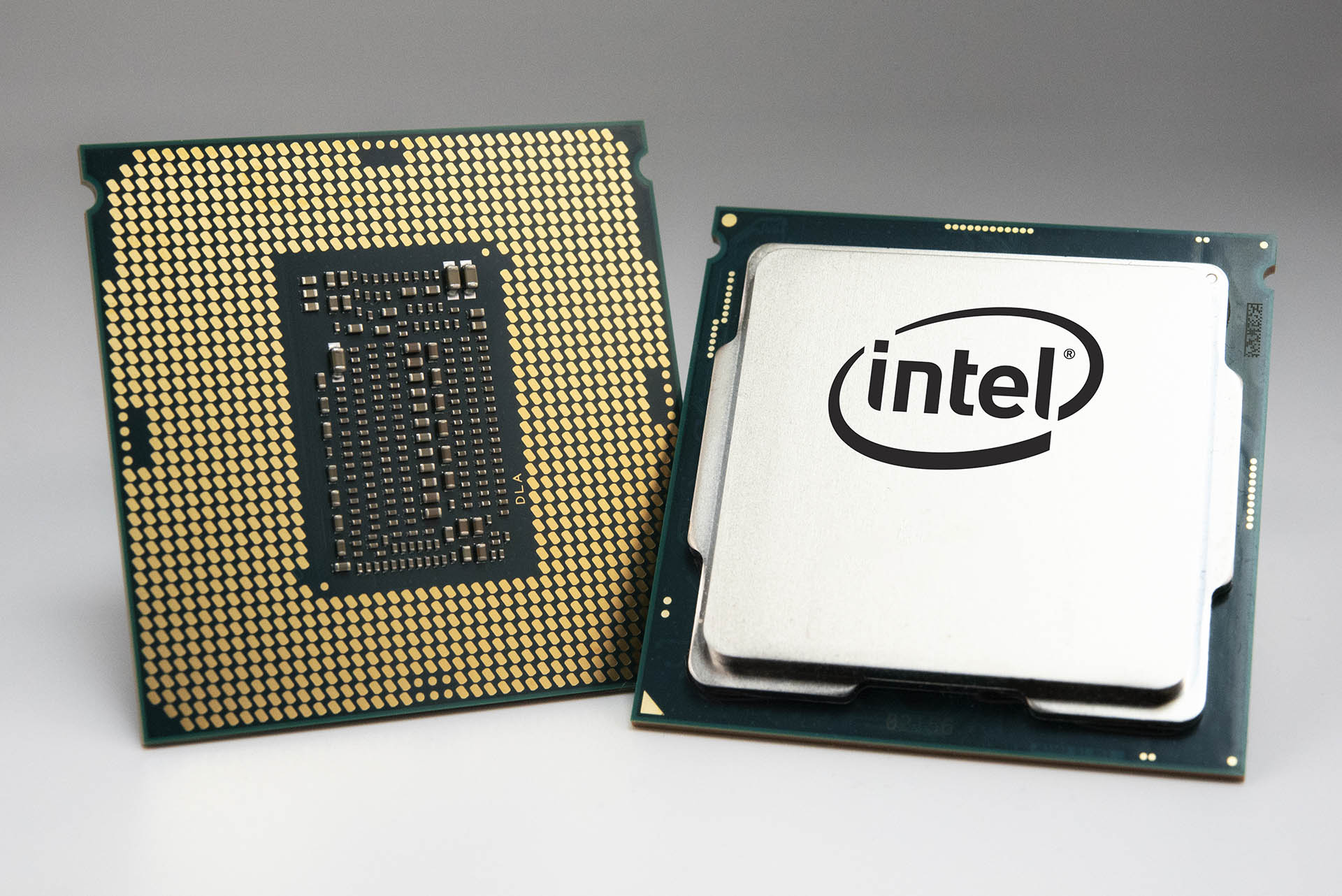PCIe 4.0 support from Gigabyte's Z490 boards makes zero sense
Buy a motherboard today for the CPU of tomorrow?

Multiple Intel Z490 motherboards from manufacturer Gigabyte have been spotted with PCIe 4.0 compatibility—just when you thought the long and winding tale of PCIe 4.0 support had been put to bed for this generation.
Let's start with what we know. There appears to be little reason to believe Intel's Comet Lake processors—reportedly to be announced a week tomorrow—will feature support for PCIe 4.0: the latest interconnect standard that effectively doubles the bandwidth available with PCIe 3.0. Although the distinction between PCIe 4.0 capable chipsets, CPUs, and motherboards could be about to get very confusing.
Marketing materials acquired by VideoCardz suggest that Gigabyte's Z490 lineup—LGA 1200 compatible motherboards intended for Intel's 10th Gen processors—will come equipped with the required repeaters for PCIe 4.0 bandwidth across a limited number of PCIe lanes. Two PCIe slots and a single M.2 SSD slot are reportedly geared up for PCIe 4.0.
This functionality is reportedly limited, and the PCIe 4.0 compatible slots are noted as "reserved for future" on the leaked renders of Gigabyte's motherboards (good spot, Komachi).
This suggests that Intel Comet Lake processors will not be immediately compatible with PCIe 4.0. In fact, it appears likely that the functionality may remain untouched until Intel's (next) next-generation CPU family: Intel Rocket Lake.
Both Intel Comet Lake and Intel Rocket Lake will utilise the LGA 1200 socket, and with that comes the vague promise of backwards compatibility across Z490 and both generations of LGA 1200 processors. This could explain Gigabyte's eager support of PCIe 4.0, as leaked specs suggest Intel Rocket Lake will feature PCIe 4.0 support from the CPU.
FOR THE FUTURE.https://t.co/BehnxojVmD pic.twitter.com/g1sumap2cQApril 22, 2020
Stick with me here.
The biggest gaming news, reviews and hardware deals
Keep up to date with the most important stories and the best deals, as picked by the PC Gamer team.
That's PCIe 4.0 lanes from the CPU, not the chipset. According to a report from Tom's Hardware, Intel had trouble implementing PCIe 4.0 support from the chipset and had to leave it on PCIe 3.0. It is said to have successfully integrated PCIe 4.0 into the CPU itself, however.
Which all goes to explain why Gigabyte is only able to tentatively offer a handful of PCIe 4.0 slots—it can only deliver the bandwidth via the 20 PCIe lanes direct from the CPU and not the remaining 24 lanes out of the chipset.
In summary: Comet Lake PCIe 4.0 support remains unlikely, Rocket Lake may well have PCIe 4.0 compatibility for a select few slots, and we'll likely see the Z490 platform maintain compatibility across Comet Lake and Rocket Lake processors. None of which is new information, I might add, but does add a little further legitimacy to the shaky and long-winded affair.
But why anyone would buy a Z490 motherboard and compatible Comet Lake chip later this year only to upgrade to a Rocket Lake chip in 12 months time for the purpose of unlocking their motherboard's somewhat unimportant PCIe 4.0 capability is beyond me.
Not the least bit because you could just buy an AMD Ryzen 3000 CPU and 500-series motherboard and enjoy PCIe 4.0 capability today, although there's still not a great deal to be gained from the new standard for gaming rigs. It has allowed for faster NVMe controllers and SSDs, whatever good that will do you in-game, and a few RDNA graphics cards offer nominal support.
It's currently only available on compatible X570 motherboards, although mainstream B550 motherboards will be available with PCIe 4.0 in tow come June.

Jacob earned his first byline writing for his own tech blog. From there, he graduated to professionally breaking things as hardware writer at PCGamesN, and would go on to run the team as hardware editor. He joined PC Gamer's top staff as senior hardware editor before becoming managing editor of the hardware team, and you'll now find him reporting on the latest developments in the technology and gaming industries and testing the newest PC components.

